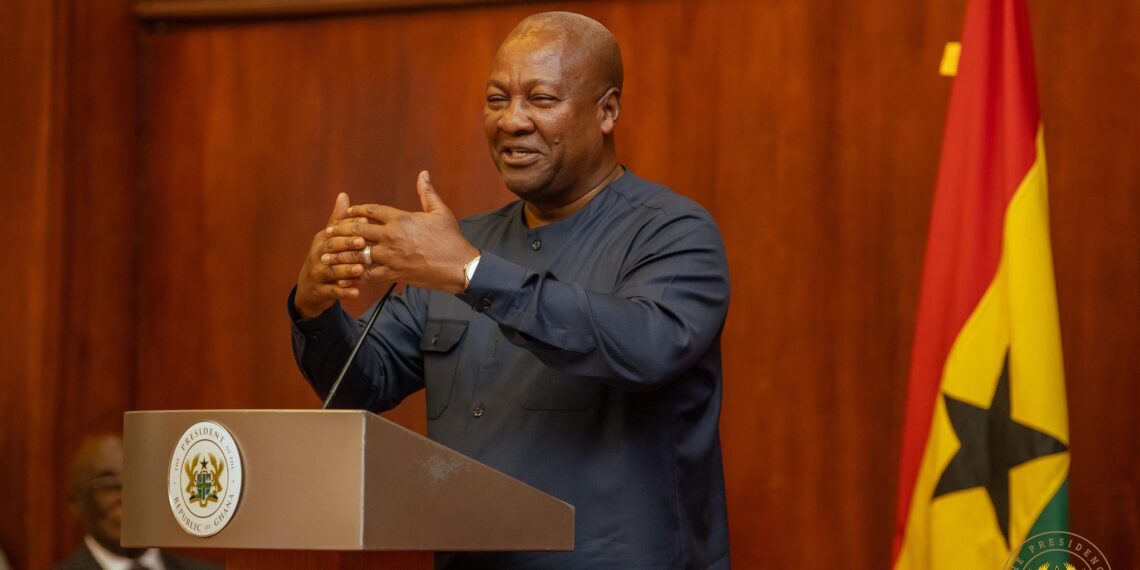Government has unveiled a new strategy to enhance the achievement of the United Nations’ (UN) Sustainable Development Goals. President Mahama who announced this strategy indicated that the country will be prioritizing five key areas with high-impact potentials, which are, decent jobs, basic education, sanitation, hygiene, energy efficiency, and institutional strengthening.
This move, according to him will help government focus on where to channel more energies and investments or resources.
The new strategy, according to the President, will allow Ghana to maximize impact by concentrating on key areas that can catalyze progress across several SDGs, rather than attempting to tackle all goals equally.
The decent work priority, for instance, addresses Ghana’s youth unemployment crisis; where government is targeting impacts from its 24-hour economy programme and Feed Ghana initiative, which form part of the strategy to create employment opportunities while improving domestic productivity.
With Basic education, government says, it is the foundational pillar of the strategy, as it plays a critical role in breaking poverty cycles and driving progress across multiple development areas, with a focus on girls and rural communities.
According to President John Dramani Mahama, this strategic move harmonizes global and continental frameworks, including the SDGs, AU Agenda 2063, and Ghana’s national development policy, to accelerate progress toward the 2030 targets
The approach reflects lessons learnt from Ghana’s previous Voluntary National Reviews in 2019 and 2022, incorporating feedback from voluntary local reviews by four metropolitan, municipal, and district assemblies.
The implementation plan includes tapping into climate finance and private sector funding through an integrated national financing framework.
The Chairman of the National Development Planning Commission, Nii Moi Thompson, says, his office will soon launch strategic moves toward properly handling of waste and sanitation related issues in the country




















